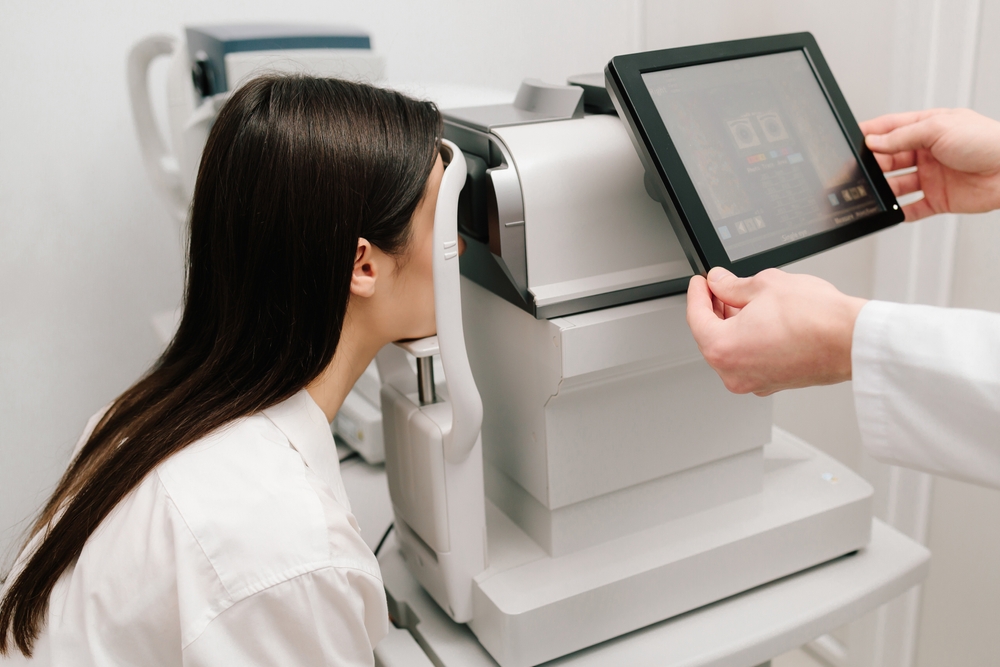
Vision is more than just seeing clearly. It is about how well your eyes and brain work together to understand and react to the world. Many people struggle with vision skills that affect everyday tasks, learning, and even sports. Vision therapy helps strengthen these skills, supporting better overall function and comfort.
Key Vision Skills Improved by Vision Therapy
Vision therapy improves crucial skills that many people often take for granted. These skills are the building blocks for comfortable, efficient vision. Here are the top skills that vision therapy targets:
- Eye Tracking: This skill helps your eyes follow moving objects smoothly and accurately. It is important for reading lines of text and tracking action in sports. Poor tracking causes eye strain and headaches, making reading or following fast movements tiring. Therapy exercises train your eyes to move steadily, making reading easier and sports more enjoyable.
- Eye Teaming: Eye teaming refers to both eyes working together as a coordinated pair. Without effective teaming, you experience double vision or feel dizzy, which can be frustrating. Vision therapy strengthens the muscles that align your eyes and helps them work together in focus.
- Focusing Ability: This is your eyes’ power to change focus between near and far objects quickly. When focusing is weak, things can blur, causing fatigue and headaches, especially during reading or screen time. Vision therapy trains your focusing muscles, making it faster and easier to switch between distances.
- Peripheral Awareness: Peripheral awareness lets you notice things outside your direct line of sight. It helps with spatial judgment and quick reactions. Poor peripheral vision can make driving or sports unsafe. Vision therapy enhances your visual awareness, enabling you to spot dangers or opportunities more quickly.
- Visual Processing Speed: This skill refers to how quickly your brain processes what your eyes see. Slow processing can make it hard to keep up with reading or fast movements, causing frustration. Vision therapy helps your brain recognize images quickly and clearly. Faster processing means better reactions in sports and smoother learning in school or work.
- Hand-Eye Coordination: This skill links your vision with your hand movements. It is vital for writing, playing sports, and many daily tasks. Poor coordination can cause clumsiness and frustration. Vision therapy improves this connection, enhancing control and accuracy.
- Visual Memory: Visual memory helps you remember what you see—faces, shapes, or words. Weak visual memory can make learning and recalling information difficult. Vision therapy strengthens your ability to store and retrieve visual information.
Why These Skills Matter
Strong vision skills support more than just clear sight. They help you focus, learn, move, and react with confidence. When any skill is weak, it can hold you back in reading, sports, or even daily life.
What to Expect From Vision Therapy
Vision therapy is tailored to your unique needs. Your eye doctor will develop a personalized program of exercises tailored to your needs. The therapy will be engaging and gradually build skills.
Sessions usually happen weekly or biweekly. You will see your provider regularly to monitor your progress and adjust the program as needed.
For more on vision therapy, visit Evolutionary Eye Care at our Sugar Land, Webster, or Houston, Texas, offices. Call (346) 486-4200, (346) 486-6700, or (346) 485-8100 to schedule an appointment today.









